News
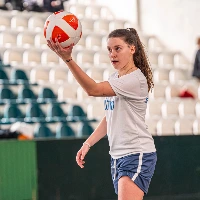 02.17.2026
02.17.2026Carolina Clemente – Passion, Sacrifice and the...
READ MOREchevron_right 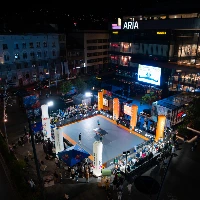 02.16.2026
02.16.2026Adriatic Teqball League enters its fourth season
READ MOREchevron_right 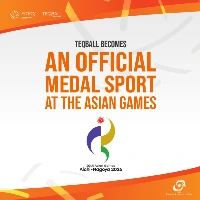 02.13.2026
02.13.2026Teqball Added to the 2026 Asian Games Sports...
READ MOREchevron_right 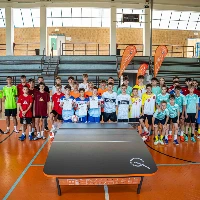 02.11.2026
02.11.2026Generácia Olymp project in Slovakia
READ MOREchevron_right 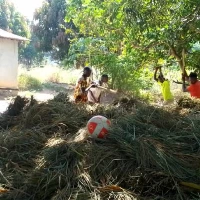 02.06.2026
02.06.2026Sierra Leone Teqball Federation’s Agricultural...
READ MOREchevron_right 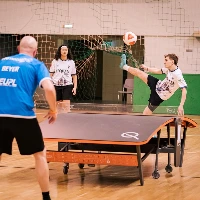 02.06.2026
02.06.2026WR – Titles in Győr Trigger Early 2026 Ranking...
READ MOREchevron_right 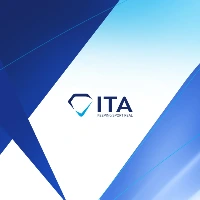 01.28.2026
01.28.2026ITA news for 2026
READ MOREchevron_right 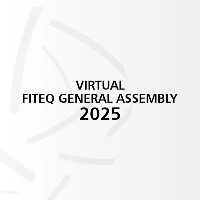 01.27.2026
01.27.2026Successful Conclusion of the International...
READ MOREchevron_right 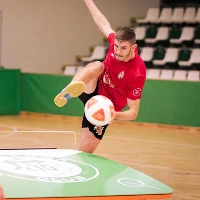 01.26.2026
01.26.2026Strong Start to the 2026 Season as the Challenger...
READ MOREchevron_right 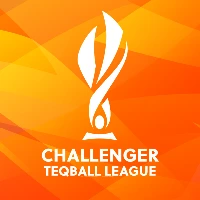 01.14.2026
01.14.2026CTL - Győr to Host the First Challenger Teqball...
READ MOREchevron_right 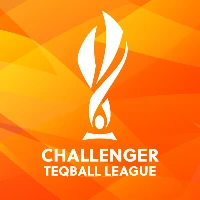 12.29.2025
12.29.2025CTL – From 5 to 15: the Challenger Teqball...
READ MOREchevron_right 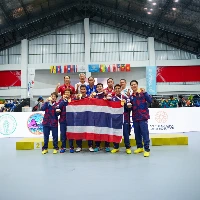 12.14.2025
12.14.2025Teqball Showcases Strong Continuing Growth at the...
READ MOREchevron_right 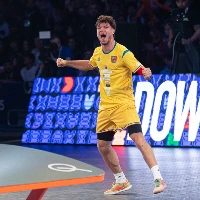 12.08.2025
12.08.2025WTCH25 – Thailand, Romania and Serbia are world...
READ MOREchevron_right 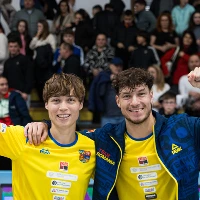 12.06.2025
12.06.2025WTCH25 – The program of the final day is ready,...
READ MOREchevron_right 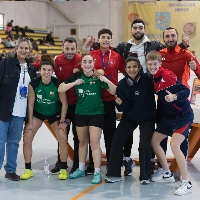 12.05.2025
12.05.2025WTCH25 – Lebanon & Japan joined the all-time...
READ MOREchevron_right 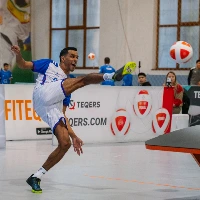 12.04.2025
12.04.2025WTCH25 – Contenders advanced undoubtedly
READ MOREchevron_right 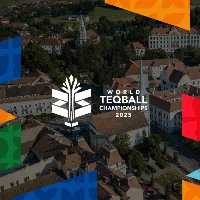 12.02.2025
12.02.2025The World Teqball Championships 2025 is about to...
READ MOREchevron_right 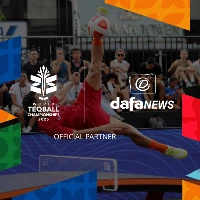 12.01.2025
12.01.2025Dafanews Returns as Official Partner of the World...
READ MOREchevron_right 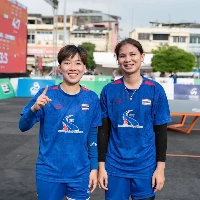 11.05.2025
11.05.2025WR – Doubles Highlights Shape November Update
READ MOREchevron_right 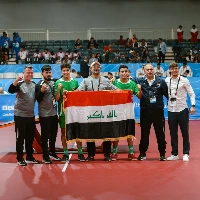 10.29.2025
10.29.2025AYG – Teqball’s Next Generation Shines in Bahrain
READ MOREchevron_right  10.20.2025
10.20.2025Beach Teqball returns in Wanning
READ MOREchevron_right 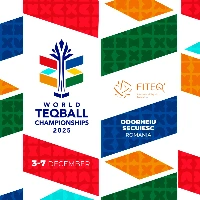 10.20.2025
10.20.2025Odorheiu Secuiesc to Host World Teqball...
READ MOREchevron_right 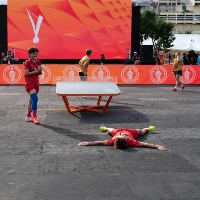 10.20.2025
10.20.2025Teqball Tour – Bangkok Brings World-Class Action...
READ MOREchevron_right 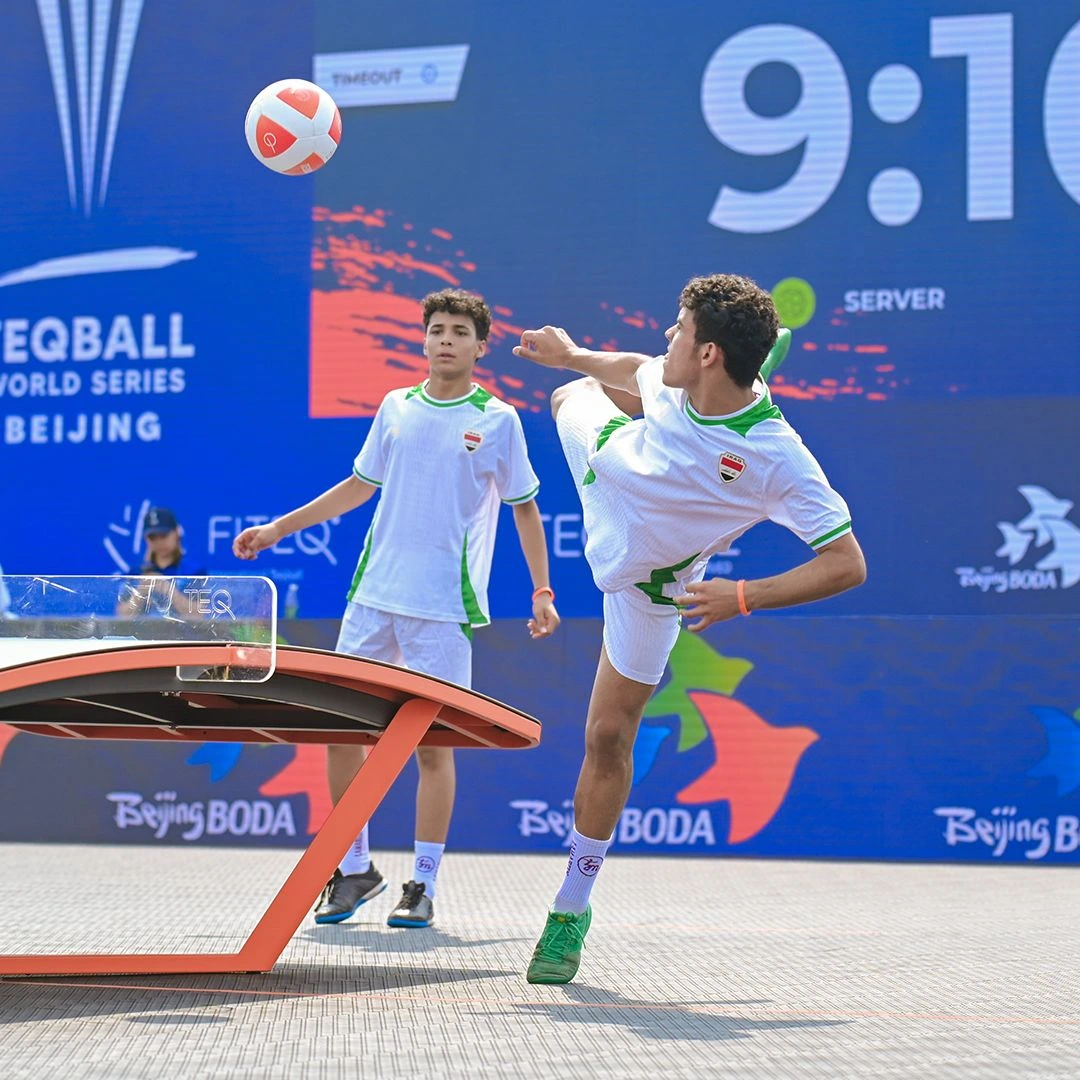 10.15.2025
10.15.2025WR - Tumultuous October triggers major shifts...
READ MOREchevron_right 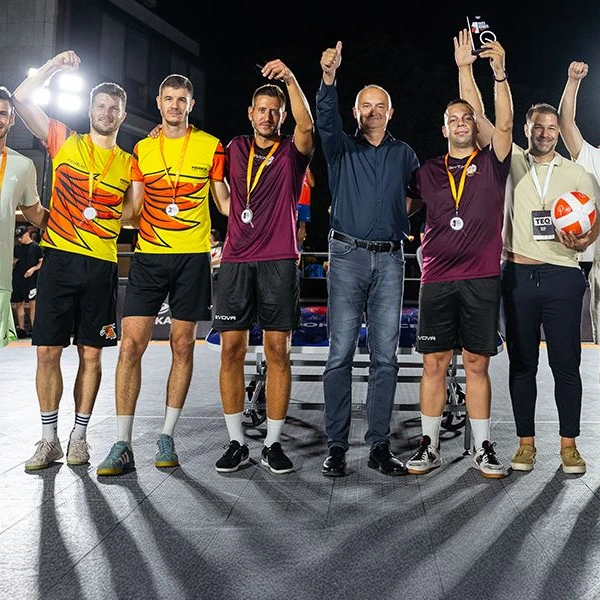 09.20.2025
09.20.2025ATL – Rivalry Renewed, Serbia Prevails
READ MOREchevron_right
Loading...